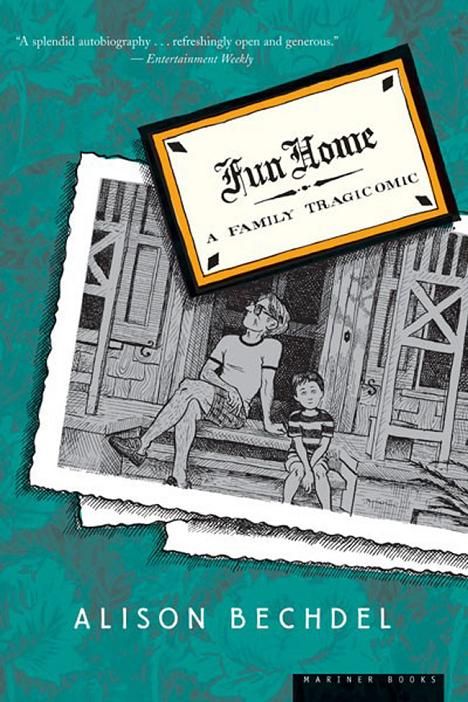South Carolina Gov. Nikki Haley last week signed a state budget that requires two colleges to spend nearly $70,000 to teach the U.S. Constitution and other historical documents as punishment for selecting gay-themed books for their freshman reading programs.
According to The State, Haley said she appreciated the compromise, approved last month by the state Senate to prevent a standoff over the House's punitive cuts of $52,000 to the College of Charleston and $17,142 to the University of South Carolina Upstate for selecting Alison Bechdel’s 2006 graphic memoir Fun Home, and Out Loud: The Best of Rainbow Radio, respectively. The figures represent the amount each school spent on last year’s programs.
During heated debates in both legislative bodies, some lawmakers accused the College of Charleston of promoting a gay agenda and forcing pornography on its students. On the floor of the Senate, where a vote was delayed by a Democrat-led filibuster, some legislators reportedly "compared Fun Home and its author to everything from slavery to serial murderer Charles Manson and Adolf Hitler.”
Introduced by Republican Sen. Larry Grooms, a vocal proponent of the retaliatory cuts, the compromise redirects the nearly $70,000 to programs “related to instruction in the provisions and principles of the United States Constitution, the Declaration of Independence, and the Federalist Papers, including the study of and devotion to American institutions and ideals.” It also mandates that students be permitted to avoid educational material they find “objectionable based on a sincerely held religious, moral, or cultural belief.”
It's worth noting that the College of Charleston and USC Upstate, like most public universities, already offer courses about the Constitution and other foundational documents.
A coalition of free-speech advocates that includes the National Coalition Against Censorship and the Comic Book Legal Defense Fund condemned the approved budget provision, saying it "represents unwarranted political interference with academic freedom and undermines the integrity of the higher education system in South Carolina."
"Penalizing state educational institutions financially simply because members of the legislature disapprove of specific elements of the educational program is not only educationally unsound, it is constitutionally suspect," the statement warns. "The Supreme Court has sent a clear message over decades: lawmakers may not prohibit the expression of ideas simply because they find them to be offensive."


